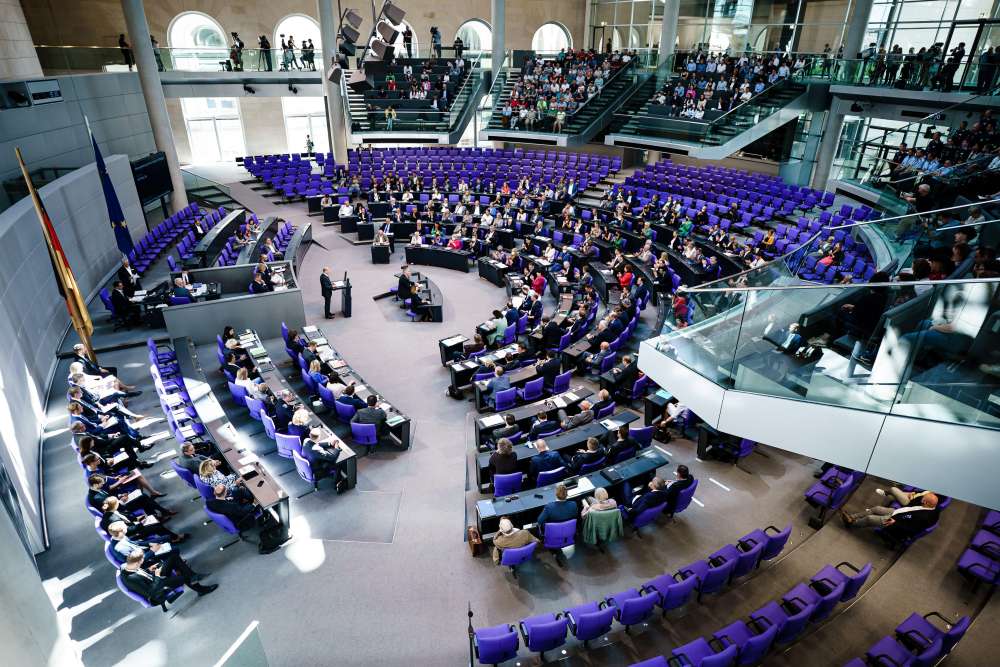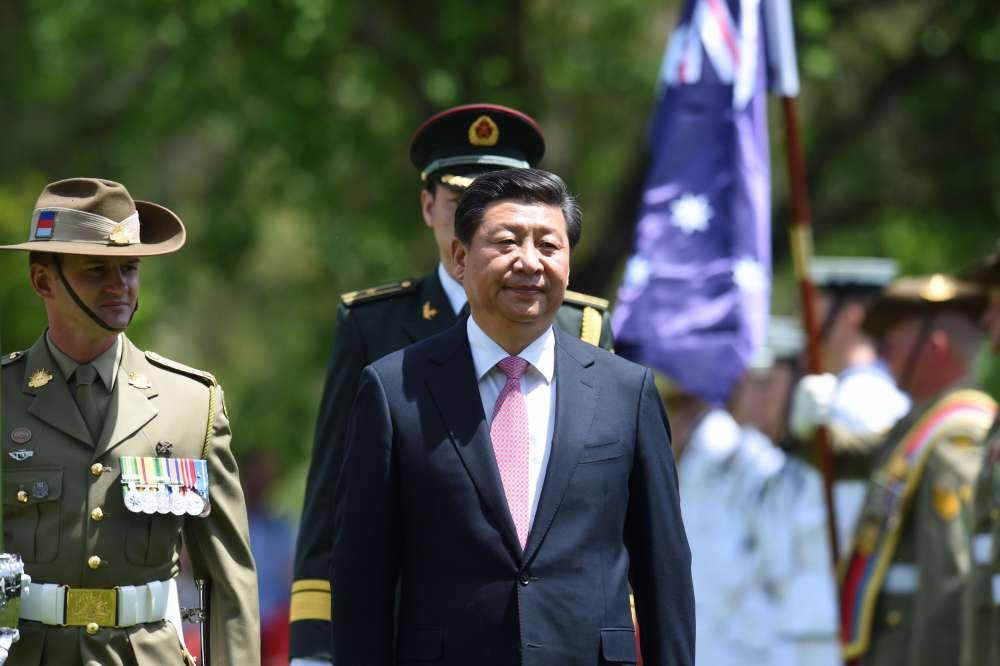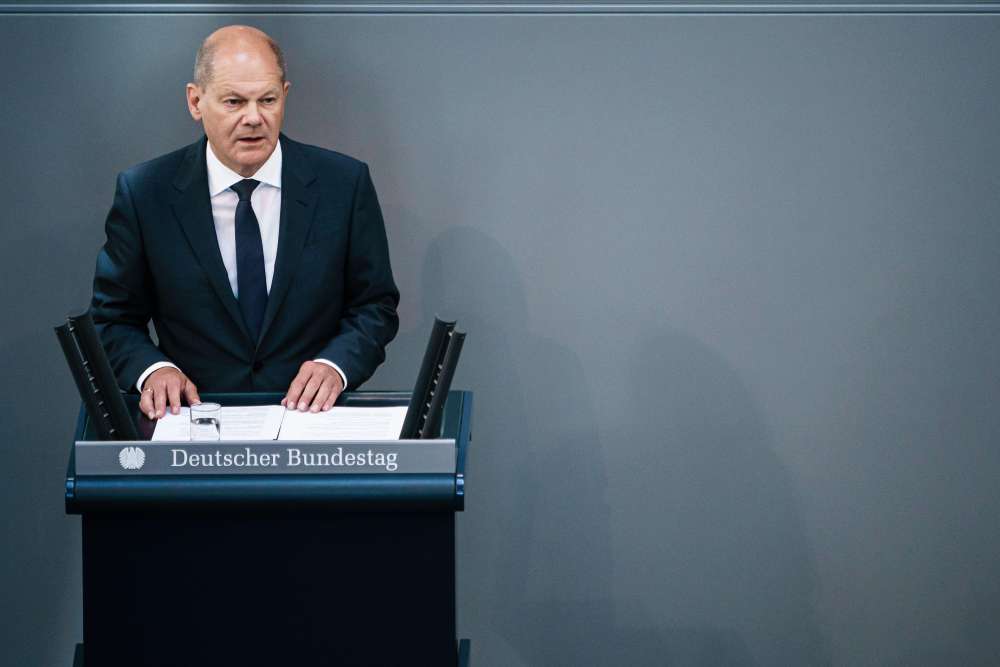Editors’ Note: A Strategy for the “World After”

Photo: CLEMENS BILAN/EPA-EFE/Shutterstock
In opinion pieces, interviews and debates, 49security will feature suggestions on how Germany can better position itself in a world that is rapidly changing. A few words on what is to come from your editorial team.
“We are experiencing a turning point. And that means: the world ahead is no longer the same as the world before.” This is how German Chancellor Olaf Scholz described Germany and Europe’s situation on February 27, 2022, a few days after Russia invaded Ukraine. In the midst of this upheaval, the German government is now drawing up the first comprehensive national security strategy for the country.
The challenges are enormous. War in Europe, emerging great power conflict, technological arms races, societal polarization, and a climate crisis that threatens our very existence: these are just some of the problems for which policymakers must find ambitious answers if they want to offer security in a world where competition and the quest for power often overshadow the search for common global solutions.
But what is really different from before in this “world after”? And what does this mean for the German political landscape, which faced complex security risks and uncertain partnerships even before former German President Joachim Gauck called for Germany to assume “more responsibility” in the world?
From Afghanistan to Mali, between submarine cables and space satellites: How can Germany shape a secure future in and outside of Europe? What does it take for Berlin to preserve peace and prosperity at home and foster greater strategic engagement abroad? The coming months will see German and international experts from academia, civil society and politics grapple with these and other questions on this platform. From here, their ideas and recommendations will feed into an ongoing participatory process for developing a national security strategy. We also want to offer a platform for international voices, especially those who have too often been ignored by German politicians and the public in recent years.
By focusing on key thematic clusters, we hope to encourage readers to think about security and strategy, and to present proposals and initiate debates around these issues. In doing so, we deliberately apply a broad understanding of security – and kick things off with a debate on the very big questions: Which priorities should the strategy address? And how?
In opinion pieces, interviews and one-on-one debates, 49security will feature strong opinions, diverse voices and concrete suggestions on how Germany can better position itself in a world that is rapidly changing.
An Aside: What’s in a Name?
A symbolic link between Germany, Europe and the rest of the world – in the best case, a national security strategy fulfills this function, too. With this image in mind, we arrived at the name of our platform. We are giving a nod to +49 – Germany’s international calling code. If you want to get through to Germany or hope for any answers from there, you’ll have to call here. But there is more to it than that. Our “plus” stands for the conviction that more is possible: more imagination, more strategy, more creative will, more listening, more partnership. And what better way to get started than with more voices and ideas?
More about 49security and how to submit contributions here.
Editorial Team
Keep on reading

It’s the Politics, Stupid: Lessons for Germany from US Security Strategies
A successful national security strategy needs a solid political foundation. In democracies, that foundation – for better or worse – rests on the electoral process and the political leaders it produces.

Security through Preparedness: Lessons from Australia and the Indo-Pacific
For any country with strong stakes in a rules-based order, China’s recent aggressions in the Indo-Pacific should set off alarm bells. It’s time for new thinking about national preparedness – as Australia has learned in recent years.

Aus der Redaktion: Eine Strategie für „die Welt danach“
Was bedeuten Sicherheit und Strategie in einer Welt nach der „Zeitenwende“? Und wie kann sich Deutschland darin besser aufstellen? Diesen und anderen Fragen gehen Expert:innen in den kommenden Monaten hier nach. Eine Vorausschau.